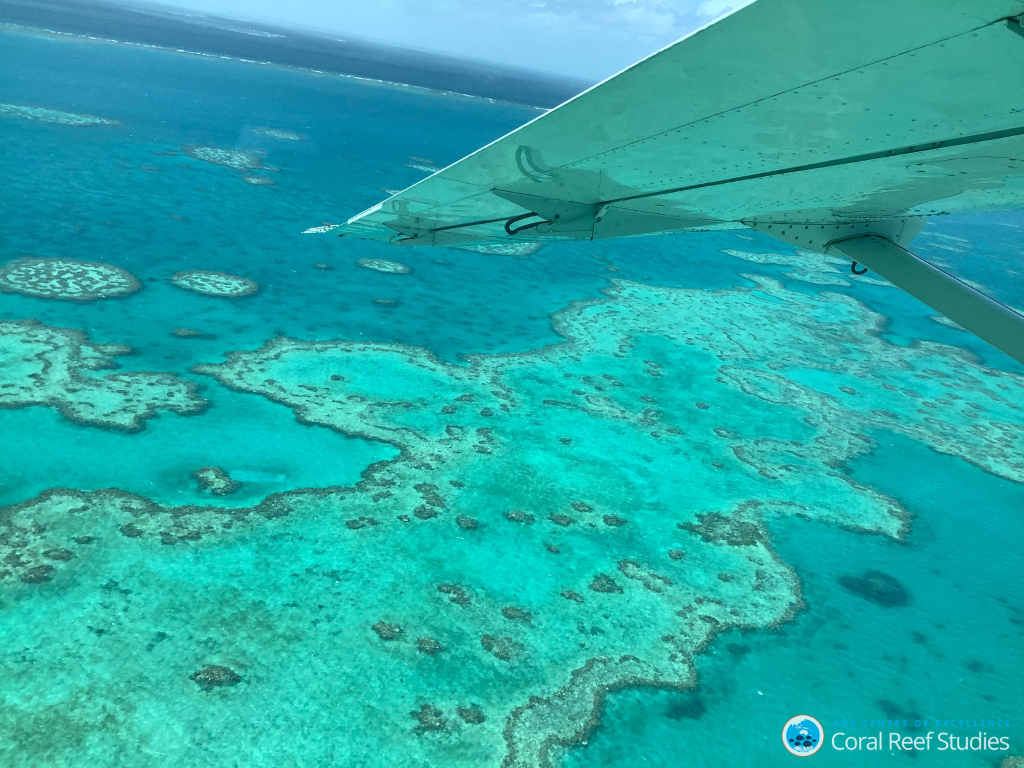News from the Great Barrier Reef in Australia

A study conducted by Professor Terry Hughes on 1036 reefs in March 2020 brings sad news. Indeed, massive bleaching is once again hitting Australia’s Great Barrier Reef, in a record-breaking scale which alerts researchers.
Third episode in just five years, this bleaching affects all the regions inhabited by these reefs. Increasingly close together over time, these events alert to a more global problem. The increase in surface water temperatures is the result of an unusually high atmospheric temperature last February, not recorded since the beginning of the study in 1900. This tells us that we are still far from the objectives set by international agreements for a reduction in greenhouse gas emissions.
However, the stress is not felt in the same way between species and is fortunately not necessarily fatal for those affected. Corals seem to be more and more resilient to the weather and can recover their symbiotic partner once temperatures are brought back to normal. Moreover, beyond the harm caused, the current health crisis due to the COVID-19 has a positive impact on these emissions leaving some respite for species affected by climate change. As we move away from lockdown, we need to rethink our ways of life to minimize the means around us.

Figure 1 : Map listing the bleaching of reefs on the Australian coast in March 2020. Credit: ARC Center of Excellence for Coral Reef Studies.
Photo credit : Coral Reef Studies.

